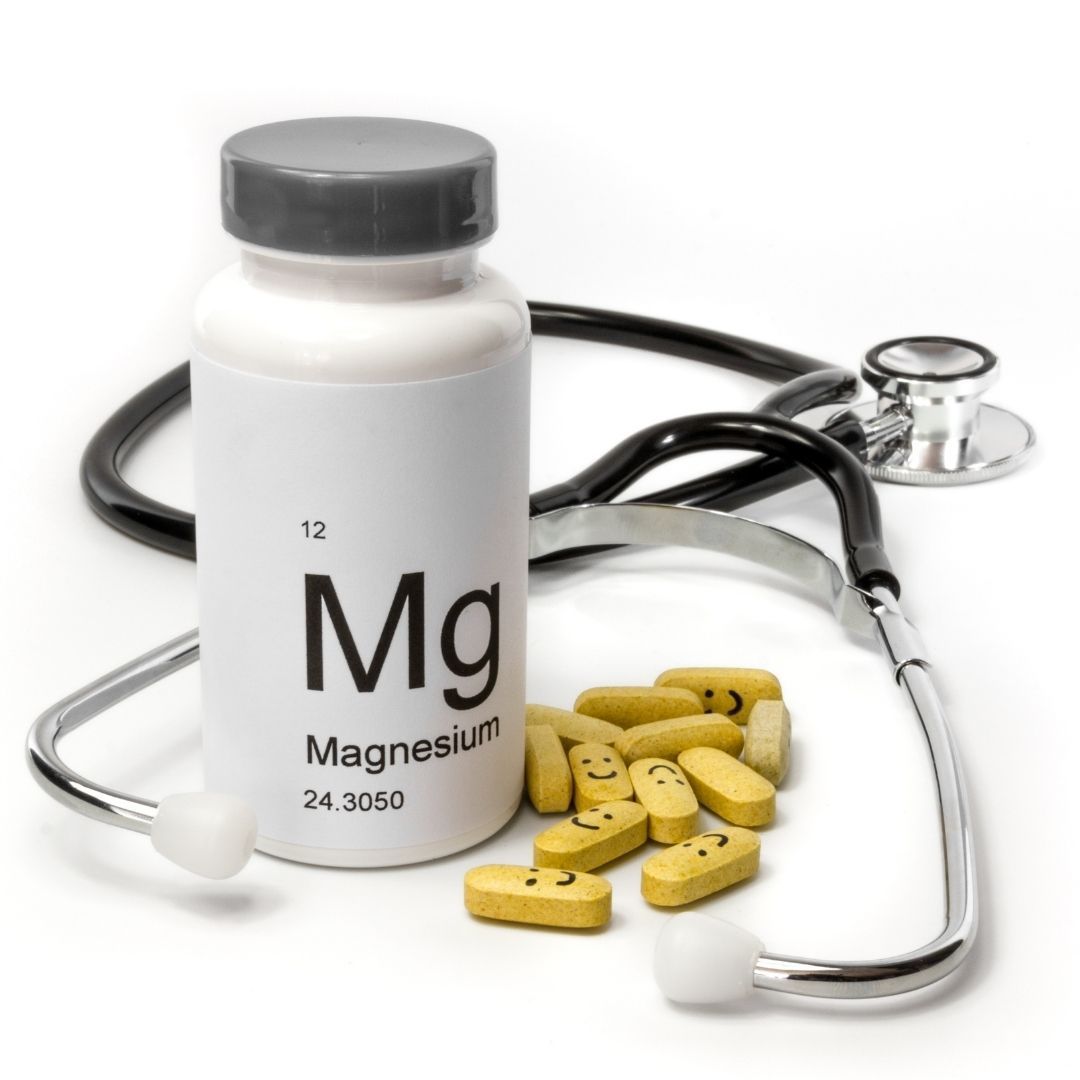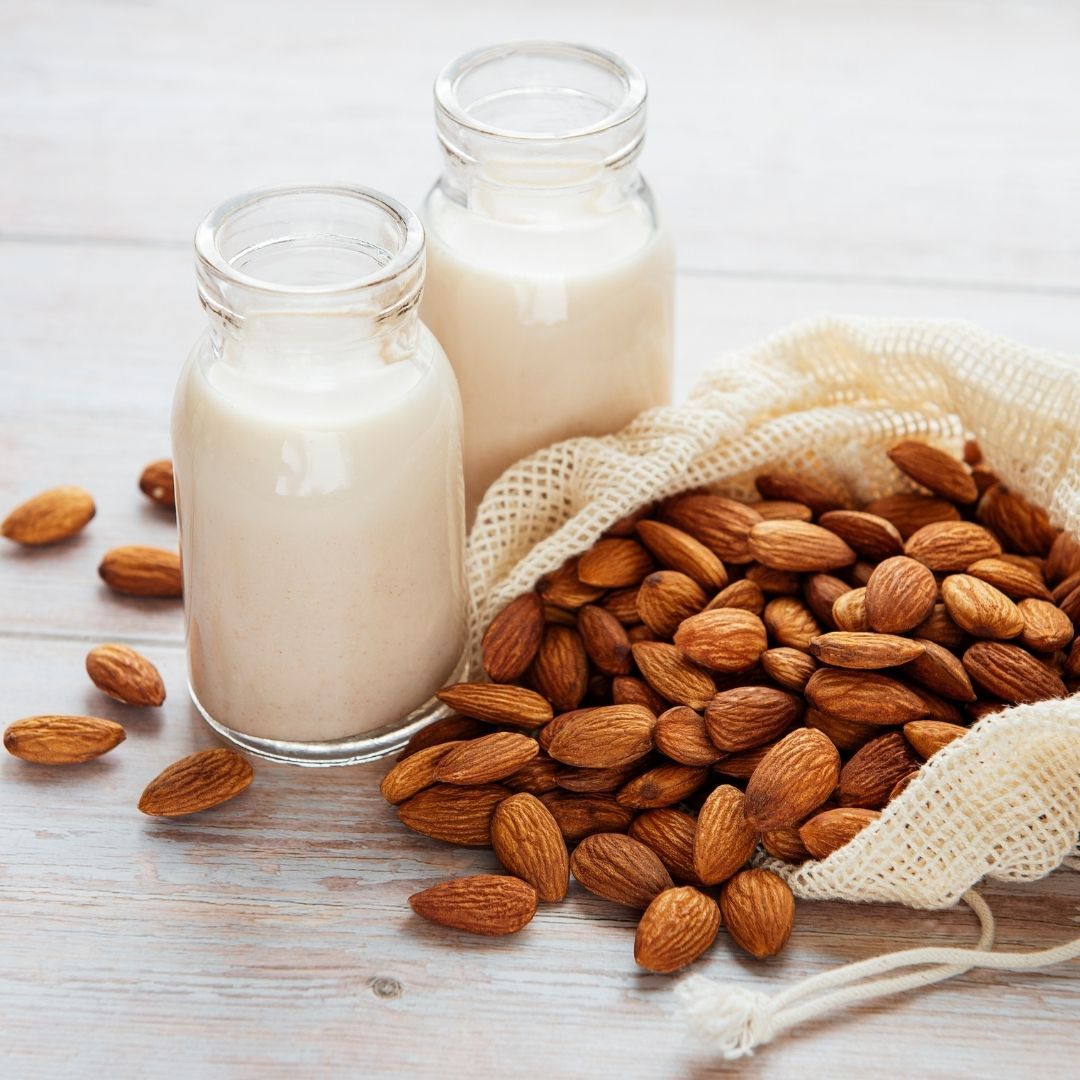HYDRATION UNVEILED: Debunking the Myth of 8 Glasses a Day
Introduction:
The age-old advice of drinking eight glasses of water a day has been ingrained in our collective understanding of hydration. But is this one-size-fits-all approach rooted in scientific truth? In this blog, we'll explore the intricacies of hydration, dispel myths, and understand the personalised nature of our body's water needs.
Understanding Hydration:
Hydration is a cornerstone of well-being, impacting everything from bodily functions (waste elimination, temperature regulation, joint lubrication, and tissue protection) to cognitive performance. However, the idea that everyone needs precisely eight glasses (64 ounces) of water daily oversimplifies a complex physiological process.
How Much Water Do You Need?
This is a simple question with no easy answer. Many studies have produced varying recommendations over time. Whilst no single formula fits everyone, understanding your body's needs for fluid will help you estimate how much water to drink each day.
Recommendations from Studies:
Some studies recommend an average daily fluid intake of approximately 15.5 cups (3.7 litres) for men and 11.5 cups (2.7 litres) for women.
Water Intake Calculator Guidelines:
An alternative Water Intake Calculator suggests daily water intake based on body weight, offering a general guideline that may vary based on individual factors. This calculation works based on the following formula:
Daily Water Intake = Body Weight (in kilograms) x 0.03. For example, if someone weighs 70 kilograms, their daily water intake would be 70 x 0.03
= 2.1 litres.
Factors Influencing Hydration:
- Individual Variability: Water needs vary based on factors like age, weight, gender, activity level, and overall health. A sedentary office worker may require a different amount than an athlete engaged in rigorous training.
- Climate and Environment: Hot and humid conditions increase water loss through sweat, demanding higher fluid intake. In contrast, cooler environments may necessitate less water consumption.
- Dietary Habits: Foods with high water content, like fruits and vegetables, contribute to overall hydration. Conversely, a diet rich in salty or processed foods may increase water requirements.
Listening to Your Body:
Rather than adhering strictly to a predetermined water quota, paying attention to your body's signals is key. Thirst is a reliable indicator that it's time to hydrate. Additionally, the colour of your urine can provide insights—with pale yellow being a good indication of proper hydration.
Hydration Beyond Water:
While water is a fundamental source of hydration, it's not the sole contributor. Other beverages like herbal teas, soups, and hydrating foods such as watermelon, celery and cucumber also play a role. The concept of "eating your water" underscores the importance of incorporating water-rich foods into your diet.
Balancing Electrolytes:
In certain situations, particularly during intense physical activity, replenishing electrolytes becomes crucial. Healthy sports drinks or coconut water can be beneficial for restoring electrolyte balance, especially when sweating heavily.
Tailoring Hydration to Your Lifestyle:
- Active Lifestyles: Engaging in regular exercise increases fluid requirements. Pre- and post-workout hydration is vital for optimal performance and recovery.
- Pregnancy and Breastfeeding: Expectant mothers and breastfeeding women have elevated fluid needs. Consultation with healthcare professionals helps determine personalised recommendations.
- Health Conditions: Certain medical conditions, like kidney issues or diabetes, may affect hydration needs. Individuals with such conditions should follow specific guidelines provided by healthcare providers.
The Consequences of Dehydration
Insufficient water levels can lead to dehydration, causing fatigue and drained energy, highlighting the importance of replenishing lost fluids daily.
Preventing Dehydration
To ensure your body receives the necessary fluids, consider making water your primary beverage of choice. Incorporate these habits into your routine:
- Mealtime Hydration: Consume a glass of water with each meal to maintain consistent fluid intake.
- Between Meals: Hydrate between meals to sustain fluid levels throughout the day.
- Exercise Hydration: Drink water before, during, and after exercising to replace fluids lost through sweat.
- Thirst Response: Respond promptly to feelings of thirst by consuming water when needed.
Conclusion:
The "8 glasses a day" rule serves as a simplistic guideline in a world where hydration needs are remarkably diverse. Understanding your body's signals, adapting to varying circumstances, and embracing a holistic approach to hydration, inclusive of both beverages and water-rich foods, form the foundation of a well-hydrated lifestyle. Ultimately, the key is to listen to your body, cultivate mindful habits, and hydrate in a way that aligns with your unique needs and circumstances.






